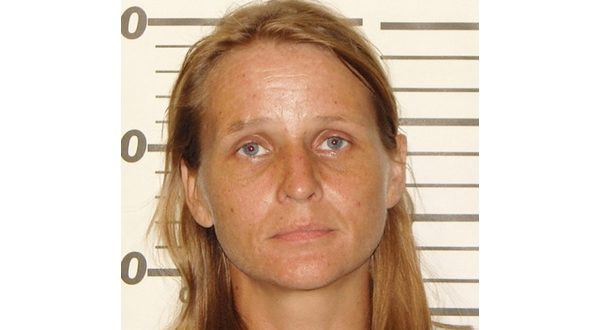
Rebecca Ruud
The Supreme Court of Missouri has overturned a circuit court’s ruling in a high-profile Ozark County murder case. According to the Ozark County Times, the Supreme Court sustained a writ of mandamus on April 6, meaning Circuit Judge Calvin Holden must allow an audio recording of a conversation between Rebecca Ruud of Theodosia and her public defender, Nina Lane into evidence.
Ruud is accused of murdering her daughter, 16-year-old Savannah Leckie, and disposing her body in a burn pile in Ozark County in the summer of 2017. Ozark County Prosecuting Attorney John Garrabrant and Anthony Michael Brown of the Missouri Attorney General’s Office represent the state in Ruud’s prosecution, and they were made aware of the recording when Ruud’s husband and co-defendant in the murder case, Robert Peat Jr., approached the prosecution for a “proffer of testimony” on Jan. 24, 2020. At that time, Peat was named a “cooperating individual for the state.”
Peat’s attorney, James Hayes of Springfield, accompanied his client to the prosecutor’s office to make the proffer. Garrabrant was not present in the room when the proffer was made. Instead, the proffer was video and audio recorded.
Ozark County’s former chief deputy sheriff interviewed Peat during the meeting. Peat reportedly told the officer he had recently discovered a digital audio recorder Ruud had given him before the couple “left to go truck driving,” referring to their plans to leave Ozark County to pursue truck-driving careers just before their arrests in 2017.
Peat said the recorder was in a box of miscellaneous items Ruud had given him to “put up.” The box was given to him after he and Ruud were married on Aug. 4, the same day officers reportedly found human remains in a burn pile on the Theodosia woman’s farm. The remains were later determined to be those of a human with a small stature consistent with a teen about Leckie’s age.
Peat reportedly told the officer the box had remained undisturbed until he found it sometime in November or December 2019, two-and-a-half years after Ruud gave it to him.
Peat said he activated the recorder and listened to at least part of a saved recording on the device. The recording appeared to be part of a conversation between Ruud and an attorney or attorney staff member. He said as soon as he discovered the conversation, he contacted his attorney. Peat told officials he had listened to part of the recording, and in it, he said, Ruud reportedly admits to some of the allegations against her.
The prosecution filed a motion asking the court to allow the recording at trial, but Holden denied the motion, saying he believed the recorded conversation was part of a conversation covered by attorney-client privilege.
The state objected to that determination with various points, including arguing Ruud would not have been covered under attorney-client privilege when she recorded the conversation, because she may not have yet been charged in the case.
After Holden denied allowance of the evidence, the state filed a writ with Missouri’s Southern District Court of Appeals. It was denied. The prosecution later filed a motion with the Supreme Court asking it to reconsider those decisions, and the court overturned both rulings.
Earlier this year, Ruud’s trial date was reset for the eighth time. She is currently scheduled to face a Taney County jury beginning May 18 at 8:30 a.m. in the Greene County Courthouse at Springfield.
WebReadyTM Powered by WireReady® NSI










